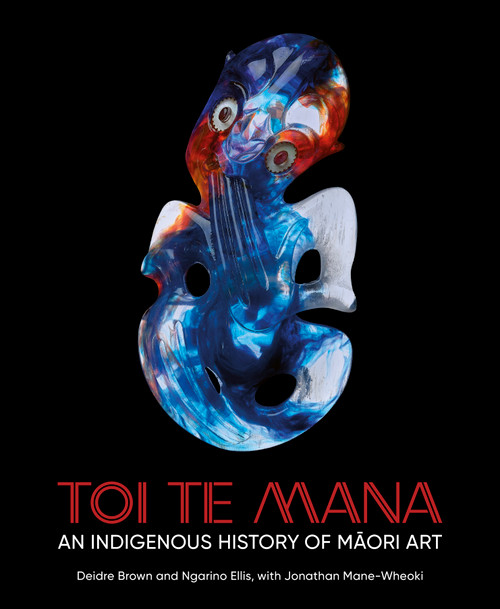
'A Bloody Difficult Subject': Ruth Ross, te Tiriti o Waitangi and the Making of History
Bain Attwood
One historian’s research and the transformation of te Tiriti in New Zealand life.
Ruth Ross is hardly a household name, yet most New Zealanders today owe the way they understand the Treaty of Waitangi — or te Tiriti o Waitangi as Ross called it — to this remarkable woman’s path-breaking historical research.
Taking us on a journey from small university classes and a lively government department in the nation’s war-time capital to an economically poor but culturally rich Māori community in the far north, and from tiny schools and cloistered university offices to parliamentary committees and a legal tribunal, Attwood enables us to grasp how and why the place of the Treaty of Waitangi in New Zealand law, politics, society and culture has been transformed in the last seven decades.
A frank and moving meditation on the making of history and its advantages and disadvantages for life in a democratic society, A Bloody Difficult Subject is a surprising story full of unforeseen circumstances, unexpected twists, unlikely turns and unanticipated outcomes.
Author
Bain Attwood is a professor of history at Monash University in Melbourne. He is the author of several books, including Telling the Truth about Aboriginal History (Allen & Unwin, 2005), Possession: Batman’s Treaty and the Matter of History (Melbourne University Press, 2009) and Empire and the Making of Native Title (Cambridge University Press, 2020). A graduate of universities on both sides of the Tasman, he has held fellowships at the Australian National University and Cambridge University and a visiting professorship at Harvard University. Empire and the Making of Native Title was the joint winner of the New Zealand Historical Association’s 2021 W.H. Oliver Prize for the best book on any aspect of New Zealand history, and was shortlisted for the 2022 Ernest Scott Prize for the most distinguished contribution to the history of Australia or New Zealand or the history of colonisation.
Endorsements
‘In Bain Attwood’s brilliant and powerful telling, the story of Ruth Ross, the public historian whose commitment to historical truth helped to transform New Zealanders’ sense of themselves, becomes a captivating narrative that combines the thrills of historical research with challenging propositions about the relevance of academic history today.’
— Dipesh Chakrabarty, University of Chicago
‘Bain Attwood’s provocative study of three “bloody difficult subjects” — Ruth Ross, te Tiriti, and history — deftly weaves biography with intellectual and political history. Emphasising the importance of women’s intellectual life in historical inquiry in New Zealand, Attwood offers critical insights on the private, emotional forces shaping history-writing as well as synthesising key debates about the meaning and effects of the Treaty. This book is essential reading for students of New Zealand history and for those who want to understand the origins of today’s debates about governance and the shape of the state.’
— Miranda Johnson, University of Otago
Reviews
‘Bain Attwood’s A Bloody Difficult Subject is meticulously researched and its intellectual history of the Treaty of Waitangi admirably recuperates the legacy of the historian Ruth Ross, whose important work redefined New Zealanders’ understandings and uses of the treaty. Not only does it offer fascinating insights into how New Zealand history, as a distinct field of inquiry, emerged, it does so while carefully interrogating the historian’s craft; the ways in which historians think through and go about their work. It is an ingeniously conceived and impressively executed multi-layered study of three difficult subjects: the Treaty of Waitangi, Ruth Ross and the discipline of history itself. Any one of these subjects would have sustained a fascinating book. Woven together, the effect is a highly readable account of a complex history that wears its deep erudition lightly. It is a work whose significance goes well beyond its immediate subject matter to illuminate the nature of history and the complicated processes that attend its creation.’
— Judges' comments, NSW Premier's History Awards
‘By making this careful exposition, [Attwood] has done the discipline of history everywhere a great service.'
— Tim Rowse, Inside Story
‘... this courageous and timely book ... deserves the widest possible reading, and not just in New Zealand.'
— Associate Professor John Stenhouse, Australian Journal of Politics and History
‘A Bloody Difficult Subject is essential reading for anyone who wishes to offer an opinion on this matter, or might claim to have even more than a passing knowledge of key events in Aotearoa New Zealand's history.'
— Jack Vowles, Te Herenga Waka – Victoria University of Wellington




